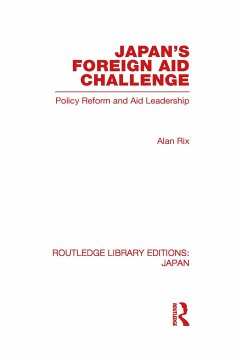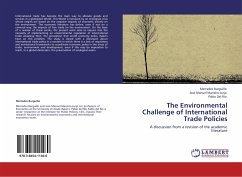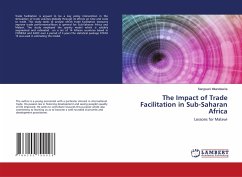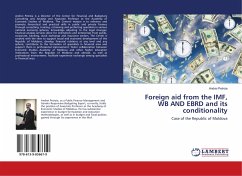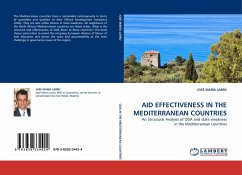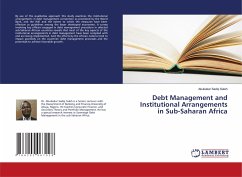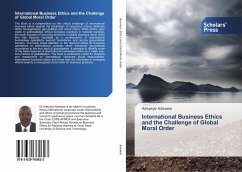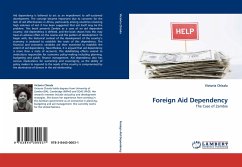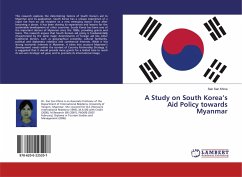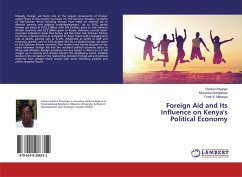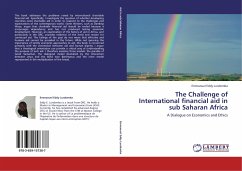
The Challenge of International financial aid in sub Saharan Africa
A Dialogue on Economics and Ethics
Versandkostenfrei!
Versandfertig in 6-10 Tagen
52,99 €
inkl. MwSt.

PAYBACK Punkte
26 °P sammeln!
This book addresses the problems raised by international charitable financial aid. Specifically, I investigate the question of whether developing countries need charitable aid in order to respond to the challenges and expectations of the contemporary world. Some thinkers, such as Dambisa Moyo, argue that charitable financial aid should be ended because it encourages dependency and has not produced lasting economic development. However, an examination of the history of aid in Africa, and particularly in the DRC, provides evidence of the need and reason for continued aid. The failings of the pas...
This book addresses the problems raised by international charitable financial aid. Specifically, I investigate the question of whether developing countries need charitable aid in order to respond to the challenges and expectations of the contemporary world. Some thinkers, such as Dambisa Moyo, argue that charitable financial aid should be ended because it encourages dependency and has not produced lasting economic development. However, an examination of the history of aid in Africa, and particularly in the DRC, provides evidence of the need and reason for continued aid. The failings of the past do not mean that effective and humane aid cannot be provided in the future. While not ignoring the importance of strictly economic approaches to aid, this book is concerned primarily with the connection between aid and human dignity. I argue that a theological orientation can provide a critical way of understanding the purpose of such aid. I therefore examine three models: the parable of Good Samaritan, the dialogical model illustrated by the interaction between Jesus and the blind man Bartimaeus and the inner model represented in the multiplication of the bread.



